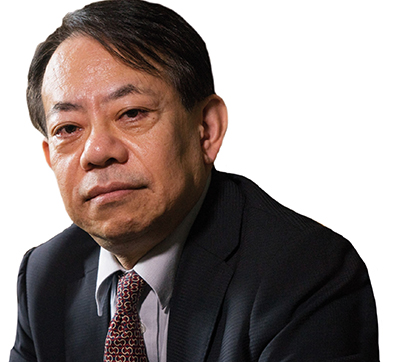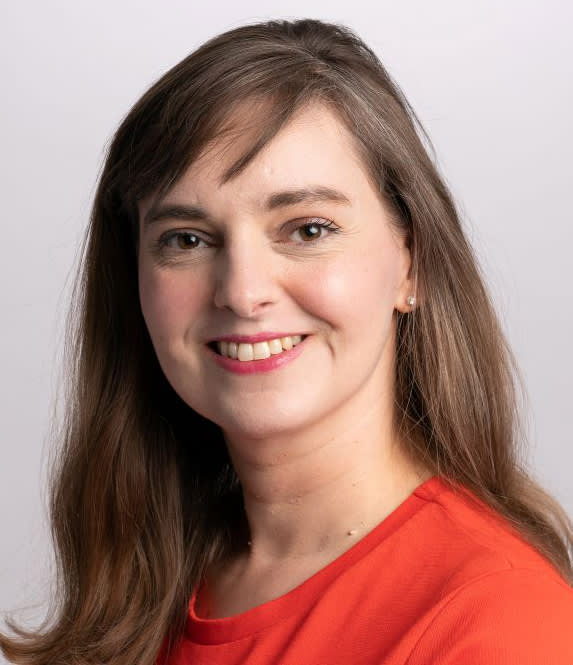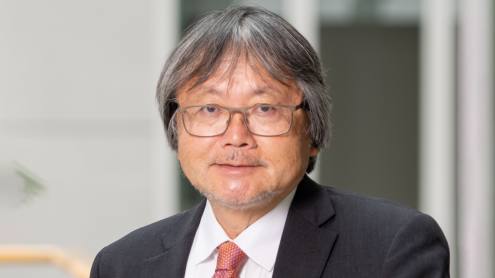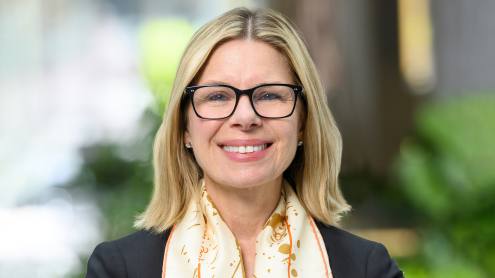Q. What have been the main challenges encountered by Asian Development Bank (ADB) during the pandemic?
A: As the Covid-19 pandemic continues to unfold, its enormous economic and social impact is becoming clearer. ADB estimated that developing Asia’s gross domestic product contracted in 2020 by 0.2% — its first contraction in six decades. This is a substantial decline from the 5% growth seen in 2019. Growth is forecast to rebound to 6.8% in 2021.
ADB is encountering a wide range of requests from our developing member countries (DMCs). As a longstanding and trusted partner, we are making all-out efforts to provide fast and tailored responses to meet their specific needs. This includes grants provided since the very early stages of the pandemic to help DMCs purchase medical and personal protective equipment, and to provide working capital to keep businesses afloat.
In April 2020, we launched a comprehensive $20bn support package, including a new instrument called the Covid-19 Pandemic Response Option (CPRO), which has provided much needed budget support. To date, ADB has committed $16.7bn to the Covid-19 response in developing Asia, including $10.2bn to 26 DMCs through the CPRO. ADB has closely collaborated with bilateral and multilateral institutions, including $11.4bn in co-financing.
To rapidly deliver record-high levels of support to our DMCs, ADB had to mobilise sufficient financial resources quickly, while ensuring our own long-term financial sustainability. In addition to reallocating existing resources towards Covid-19 operations, ADB mobilised $35bn from the capital market in 2020 — the highest in our history.
Throughout the year, ADB staff have been working round the clock in an extremely challenging environment. Maintaining the safety and health of staff and their family members has been one of my highest concerns.
Q. Have the kinds of projects looking for support changed?
A: In this unprecedented situation, our DMCs’ needs have been changing day by day, requiring us to respond with utmost flexibility and speed. Now ADB is playing a major role in the global vaccination effort through our new Asia-Pacific Vaccine Access Facility (Apvax). This $9bn initiative will reinforce global collective efforts to ensure fair and equitable distribution of safe and effective vaccines, including to the poorest and most vulnerable in our societies. This is a new area for us and there has been a steep learning curve. As of the middle of March, we had already approved $425m in support to the Philippines to procure eligible vaccines and have received many other requests for access to Apvax.
At the same time, our DMCs also expect ADB to help them address their long-term needs to ensure they get back on track towards meeting the UN Sustainable Development Goals (SDGs), such as addressing inequality worsened by the pandemic, including the gender gap, and enhancing their capacity for mitigating and adapting to the impact of climate change. They want us to help address these critical structural issues directly or through sector-specific interventions, such as power, water, sanitation and education.
That is why the $16.1bn we provided for the Covid-19 response last year accounted for just over half of ADB total commitments of $31.6bn in 2020. Our operations this year will balance the pandemic response, including vaccine support and medium- to long-term investments to promote a green, resilient and inclusive recovery in developing Asia, in line with our strategy for 2030.
Q. How can developments in international tax help to facilitate Asia’s recovery?
In a world reshaped by Covid-19, policy reforms will be critical to address the issue of domestic resource mobilisation.
In a world reshaped by Covid-19, policy reforms will be critical to address the issue of domestic resource mobilisation.
Countries must consider strong policy and institutional reforms to raise tax yields to help finance efforts to meet the SDGs, rebuild after Covid-19 and address other structural challenges, while the timing of such measures has to be carefully calibrated in order not to dampen the nascent recovery. They will need to do more to meet international tax standards, and actively implement and enforce these rules. Tax yields in developing Asia remain low: they averaged 17.6% in 2018 compared to an Organisation for Economic Co-operation and Development average of 24%.
Governments can adopt targeted tax policy measures, such as more tailored and cost-effective tax incentives. Carbon tax can incentivise economic activities towards achieving green recovery.
Another policy challenge is to tackle tax evasion conducted through exploitation of the interconnected global financial network and the opacity created by secrecy jurisdictions. Asia-Pacific also lacks a pan-regional tax community that serves as a platform for domestic resource mobilisation and international tax co-operation.
To address these issues, ADB last September announced the creation of a regional hub in this area, which will be officially launched at ADB’s 54th Annual Meeting in May 2021. The hub will provide an open, inclusive and pan-regional tax platform for strategic dialogue, deliver institutional and capacity development, and promote knowledge sharing and co-operation.
Given its experience, partnerships, and convening power, ADB is in a unique position to promote resource mobilisation and tax co-operation, and lead the regional hub in collaboration with finance and tax authorities.













